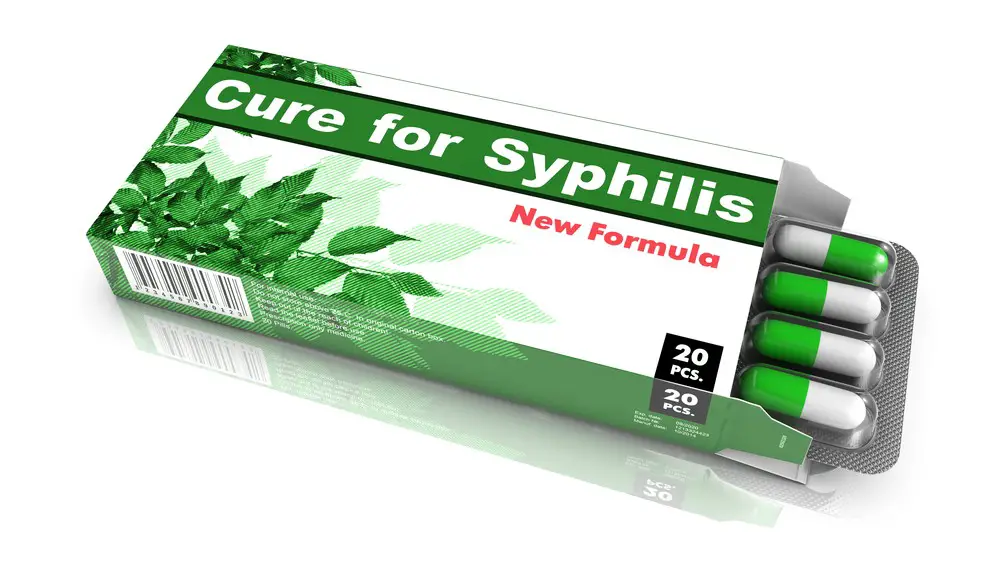
Many prescription and over-the-counter drugs, as well as dietary supplements, can affect laboratory test results. In these tests, biotin can cause erroneously low results, prompting missed conclusions and possibly severe clinical ramifications.īiotin can also mess up your hormone lab tests, causing wrong high results in testosterone, estradiol, and cortisol, inaccurate low results in thyroid-stimulating hormone (TSH), follicle-stimulating hormone (FSH), luteinizing hormone, parathyroid hormone, and human chorionic gonadotropin levels. Thus, your doctor, clinicians, and laboratory staff should remember this potential interference while interpreting the consequences of laboratory test results and guarantee that they get a total and exact record of all medications being utilized by patients to anticipate potential (drug-lab test interactions).įor instance, biotin is a dietary supplement, and it was seen that it could cause clinically tremendous off-base outcomes on lab tests, for example, troponin. Medications can influence clinical laboratory test results either by interfering with the analytical frameworks themselves or affecting endogenous constituents. Technical errors and laboratory test results Preanalytical factors and laboratory test No regional anesthesia can be given in the setting of anticoagulant therapy.How Medications Can Affect Laboratory Test Results Non-prescription (over-the counter or herbal) anticoagulants include: non-steroidal anti-inflammatory (NSAIDs) (in many versions).Please be aware that many drugs and herbal products may be anticoagulants (blood thinners) although they are not used for that purpose. It is extremely important that both your surgeon and your physician (who has ordered the anticoagulants) discuss the optimum timing for stopping these medicines. Oral medications may need to be replaced with injected or intravenous (IV) medications. If you are currently using a CPAP machine for sleep apnea, please bring the machine with you the day of surgery.įrequently asked questions before surgeryĪnticoagulants (blood thinners) usually need to be stopped several days before surgery.If you have had any problems with anesthetics in the past, please discuss this with your surgeon so that your anesthesia provider is aware of this prior to your procedure.If you are a smoker, we recommend that you stop smoking at least two weeks prior to your surgery.



Take out removable teeth prior to transfer to the operating room and do not wear glasses or contact lenses in the OR.Leave jewelry and other valuables at home.Shower or bathe to minimize the chance of infection and wear loose, comfortable clothing.Do not chew gum or use any tobacco products. Do not eat or drink anything for at least eight hours before your scheduled surgery.Consult your physician for special instructions if you are taking routine medications, insulin, or blood thinners.Bring all of your current medications to orientation for review.


 0 kommentar(er)
0 kommentar(er)
